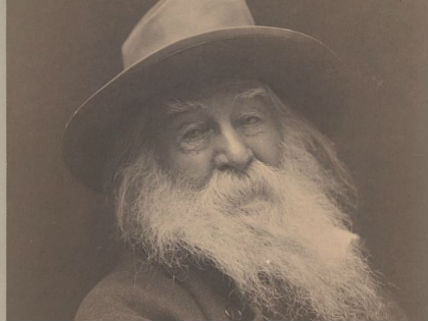 Bitterly fought elections are actually not uncommon in American history. Consider the election of 1800 when Thomas Jefferson and Aaron Burr tied among Electors. In words that some might think could be applicable to a certain contemporary orange-haired presidential candidate, Alexander Hamilton, a Federalist, explained why he preferred Democratic Republican Jefferson:
Bitterly fought elections are actually not uncommon in American history. Consider the election of 1800 when Thomas Jefferson and Aaron Burr tied among Electors. In words that some might think could be applicable to a certain contemporary orange-haired presidential candidate, Alexander Hamilton, a Federalist, explained why he preferred Democratic Republican Jefferson:
Mr. Jefferson, though too revolutionary in his notions, is yet a lover of liberty and will be desirous of something like orderly Government – Mr. Burr loves nothing but himself – thinks of nothing but his own aggrandizement – and will be content with nothing short of permanent power [struck: and] in his own hands – No compact, that he should make with any [struck: other] passion in his [struck: own] breast except [struck: his] Ambition, could be relied upon by himself – How then should we be able to rely upon any agreement with him? Mr. Jefferson, I suspect will not dare much Mr. Burr will [inserted in margin: dare every thing in the sanguine hope of effecting every thing –] … In a choice of Evils let them take the least – Jefferson is in every view less dangerous than Burr.
And perhaps even more apropos, there was the election of 1884, which the U.S. History website notes:
The campaign was extremely bitter and focused on the candidates` shortcomings. [Democrat Grover] Cleveland, years earlier in Buffalo, had fathered an illegitimate child. He had taken full financial responsibility for his offspring and publicly acknowledged that he had made a mistake. Republican opponents, however, kept the matter in the public mind by chanting, “Ma, Ma, where`s my Pa? Gone to the White House. Ha, ha, ha.”
[Republican James] Blaine, on the other hand, was a good family man, but had apparently engaged in questionable investment schemes while on the public payroll. Much of the campaign furor revolved around the difference between private and public misdeeds. Democratic partisans used the refrain, “Blaine, Blaine, James G. Blaine, the continental liar from the state of Maine!
Similar sorts of taunts echo through Election 2016. In response to the distempers of that 19th century presidential contest, Walt Whitman penned “Election Day, November, 1884.” Focus particularly on the last four lines.
ELECTION DAY, NOVEMBER, 1884.
If I should need to name, O Western World, your powerfulest
scene and show,
‘Twould not be you, Niagara—nor you, ye limitless prairies—nor
your huge rifts of canyons, Colorado,
Nor you, Yosemite—nor Yellowstone, with all its spasmic geyser-
loops ascending to the skies, appearing and disappearing,
Nor Oregon’s white cones—nor Huron’s belt of mighty lakes—
nor Mississippi’s stream:
—This seething hemisphere’s humanity, as now, I’d name—the
still small voice vibrating—America’s choosing day,
(The heart of it not in the chosen—the act itself the main, the
quadriennial choosing,)
The stretch of North and South arous’d—sea-board and inland
—Texas to Maine—the Prairie States—Vermont, Virginia,
California,
The final ballot-shower from East to West—the paradox and con-
flict,
The countless snow-flakes falling—(a swordless conflict,
Yet more than all Rome’s wars of old, or modern Napoleon’s:)
the peaceful choice of all,
Or good or ill humanity—welcoming the darker odds, the dross:
—Foams and ferments the wine? it serves to purify—while the
heart pants, life glows:
These stormy gusts and winds waft precious ships,
Swell’d Washington’s, Jefferson’s, Lincoln’s sails.
from Hit & Run http://reason.com/blog/2016/11/08/a-walt-whitman-poem-for-election-2016
via IFTTT